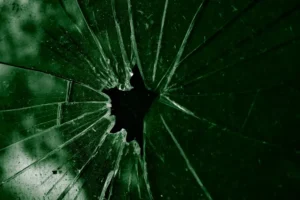In a conference filled with P/CVE researchers and experts, an European initiative brought attention to the crucial role of community involvement when dealing with radicalisation and violent extremism.
Throughout the 22nd Annual Conference of the European Society of Criminology (EUROCRIM) conference, the complexities of radicalisation and violent extremism took center stage. The challenges posed by the post-release phase created a fundamental topic of discussion, particularly the lack of standardised and structured follow-up initiatives for vulnerable, radicalised, and extremist individuals.
With a community-based solution for this issue, the R2COM project was presented at EUROCRIM’s poster session, which took place in Málaga, Spain.
The R2COM project strives to enhance NGOs’ involvement in the P/CVE field, by solidifying their role in the after-care of newly-released individuals. Focusing on the post-release setting the R2COM project will cement synergies between different NGOs, by providing them with forward-looking training and standardising materials and tools.
By building on previous projects and identified good practices, R2COM will innovate in the risk screening field, providing updated, tailored, and comprehensive training to NGOs’ front line practitioners. Furthermore, the project is offering validated guidelines on how to effectively work with radicalised and vulnerable individuals in community settings. Through its direct work with civil society, R2COM will indirectly improve reintegration outcomes.
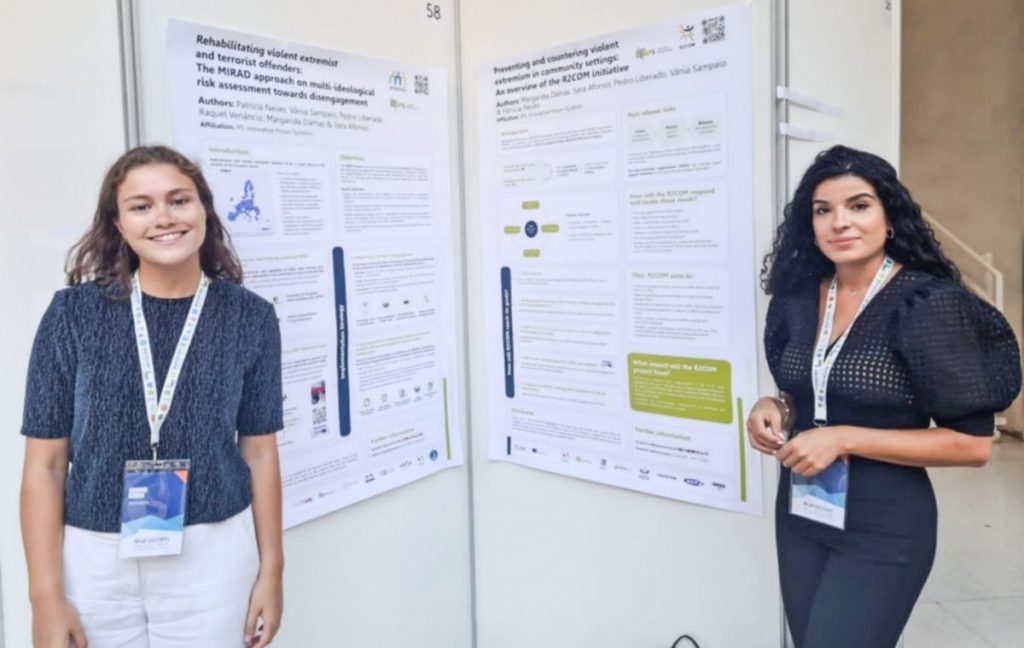
For the dozens of researchers, experts and practitioners that got together in this event, it became clear how paramount the communitarian management of radicalised and vulnerable individuals is to achieve effective preventive efforts. It was highlighted how the R2COM project is on track to play a major role in the European P/CVE landscape.
The project is now reaching new steps by building a network for European NGOs working/interested in working with vulnerable, radicalised, or violent extremist individuals.
Know more about this project

R2COM
Radicalisation and violent extremism prevention in the community
The R2COM project is led by the Association Les Militants Des Savoirs (Association of Activists of Knowledge, France), in a European wide partnership, including IPS_Innovative Prison Systems (Portugal), Associazione Carcere e Territorio (Prison and Territory Association, Italy), Partners Kosova Center for Conflict Management (Kosovo), Albanian Helsinki Committee (Albania), Transform (Sweden), Crime Prevention Fund – IGA (Bulgaria) and United for Intercultural Action (Hungary).
For more information on the project, or to learn how to get involved please visit its website, or leave a message though the contact form.
Related projects
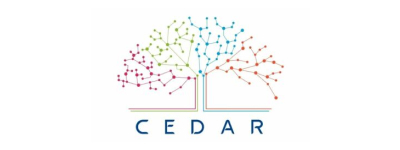
CEDAR
Continuing Education Against Radicalisation

COOPERHATE
Delivering a comprehensive approach to preventing, reporting, investigating and prosecuting hate crime and hate speech-related incidents in Portugal

DIGIDEM
Fostering Digital Democracy and Citizenship in Higher Education

EUTEx
Developing a European framework for disengagement and reintegration of extremist offenders and radicalised individuals in prison

FUTURE-ART
Sentinels of the Future: Together to Eradicate Human Trafficking

HOPE
Holistic Radicalisation Prevention Initiative (Balkan countries)

IN2PREV
Law enforcement and community cooperation and training approach to prevent radicalisation by ensuring refugees’ successful inclusion
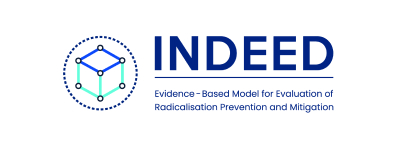
INDEED
Strengthening a comprehensive approach to preventing and counteracting radicalisation based on a universal evidence-based model for evaluation of radicalisation prevention and mitigation

INTEGRA
Integrated Community, Probation and Prison Services Radicalisation Prevention Approach

KOBAN
Identifying future capabilities for Community Policing
Related news

IPS has joined a new partnership focused on enhancing the prevention, reporting, and investigation of hate crimes and hate speech in Portugal
Read More »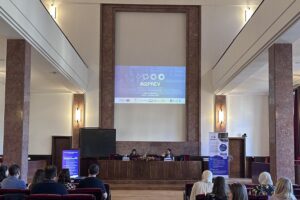
IN2PREV Final Conference highlights cross-sector collaboration for refugee inclusion and radicalisation prevention
Read More »
Standing united against hate: A national effort to prevent and tackle hate crime and hate speech in Portugal
Read More »
New IPS-led initiative unites efforts to protect religious communities, schools, and places of worship
Read More »
IPS contributes to shaping EU’s future agenda on radicalisation prevention at Brussels Town Hall meeting
Read More »


